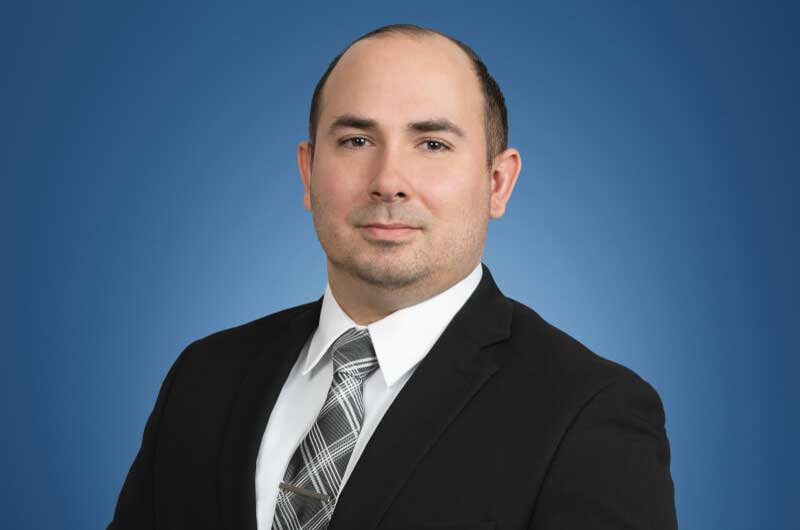In the wake of Hurricane Sandy, many homeowners’ flood claims have been denied or drastically underpaid. Homeowners have been told the National Flood Insurance Program (NFIP) will only provide full coverage on the first elevated level of their home. This has caused substantial confusion and frustration for many homeowners.
To determine what coverage is available to your property, you must first look at the date it was built or the last substantial improvements were made. If your property was built before your community was accepted into the NFIP and a Flood Insurance Rate Map (FIRM) was prepared, your property has been “grandfathered” in and full coverage should apply from the ground up (basements have limited coverage regardless of the date built). But if your property was built after the FIRM was prepared for your community, coverage generally begins at the first level elevated above the base flood elevation.
Federal regulations “(r)equire that all new construction and substantial improvements of residential structures within [flood prone areas] on the community’s FIRM have the lowest floor (including basement) elevated to or above the base flood level, unless the community is granted an exception by the Administrator for the allowance of basements….”1 Thus, if your home was built or substantially modified after your communities’ FIRM was published, then all living space should have been built at or above the base flood elevation shown on the FIRM. Flood policies will only cover very limited items in levels built below the base flood elevation in post FIRM construction.
Courts in New Jersey have relied upon this regulation in granting an insurer’s motion for summary judgment and denying coverage.
The policy clearly states that coverage is not provided for "enclosures, contents, machinery, building components equipment and fixtures located at an elevation lower than the lowest elevated floor of an elevated post-FIRM building.”2
Most homeowners are unaware of the limited nature of the NFIP program. Even worse, they are unaware of excess policies that may have provided additional coverage. Most homeowners trust in their brokers or agents to provide them with the necessary guidance to obtain proper coverage. The fact that many in New Jersey will be underinsured for flood will give rise to many claims against brokers and agents for negligence. If you believe you are underinsured, it is in your best interest to speak to an attorney as soon as possible.
1 44 C.F.R. § 60.3(c)(2).
2 Goldman v. Witt, No. 93-5542, 1994 WL 905577 (D.N.J. Dec. 7, 1994).




